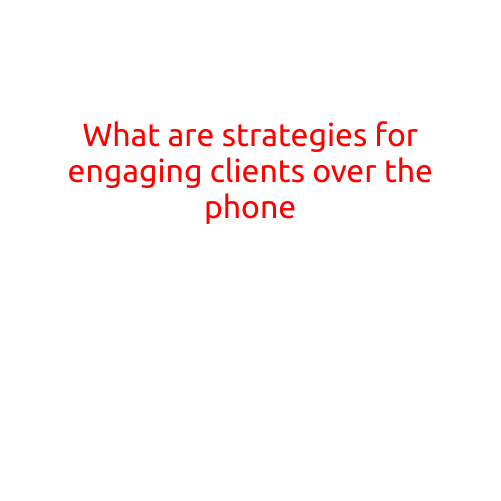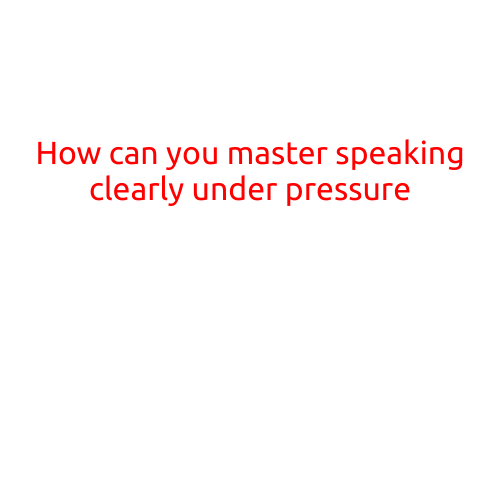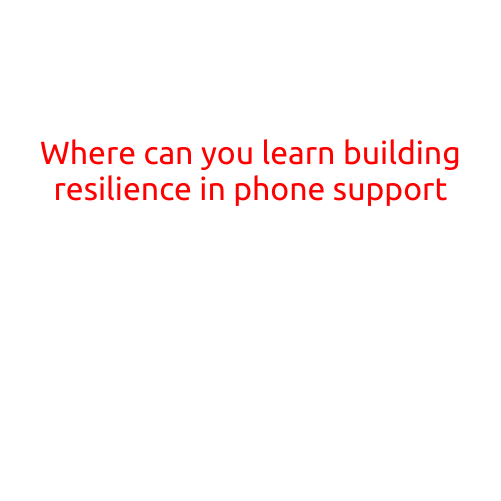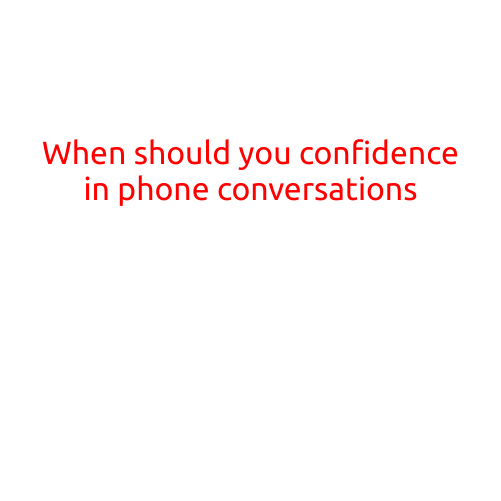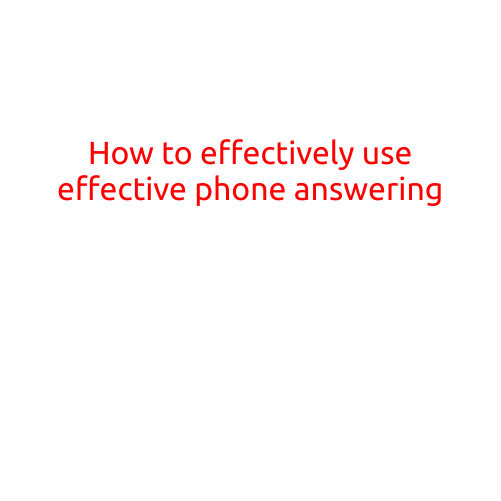
How to Effectively Use Efficient Phone Answering
In today’s fast-paced business environment, receiving phone calls is an essential part of communication. Whether you’re a small business owner, customer service representative, or sales professional, answering the phone efficiently is crucial to providing great customer service, closing deals, and ultimately driving business growth. In this article, we’ll explore the art of effective phone answering and provide tips on how to use it to your advantage.
The Power of First Impressions
When someone calls your business, they’re expecting to get a human being on the other end of the line. Unfortunately, many phone calls go unanswered or are met with a generic voicemail message. This not only reflects poorly on your business but also gives your competitors an opportunity to shine. On the other hand, answering the phone efficiently can make a lasting impression and set the tone for a successful interaction.
The Importance of Timely Response
Timing is everything when it comes to phone answering. When you answer the phone promptly, you’re showing that you value the caller’s time and are eager to help. A timely response also helps to reduce frustration and anxiety, which can lead to a more productive and profitable conversation.
Best Practices for Efficient Phone Answering
So, how can you effectively use efficient phone answering to drive business success? Here are some best practices to get you started:
- Answer the phone within two rings: Aim to answer the phone within two rings to ensure you don’t miss any calls.
- Use a friendly and professional tone: Greet the caller with a friendly and professional tone, introducing yourself and your role in the company.
- Be prepared to take a message: Have a notepad and pen ready to take down important information, such as the caller’s name, phone number, and a brief summary of their inquiry.
- Use a clear and concise script: Develop a clear and concise script to follow when answering the phone, including a brief introduction and a clear understanding of the caller’s inquiry.
- Use active listening skills: Listen attentively to the caller’s concerns and respond accordingly.
- Keep the conversation brief: Keep the conversation brief and to the point, avoiding unnecessary small talk or lengthy discussions.
- Use technology to your advantage: Utilize technology, such as call recording and transcription software, to streamline the phone answering process and improve customer service.
Additional Tips and Tricks
To further enhance your phone answering skills, consider the following additional tips and tricks:
- Use a virtual receptionist: Consider using a virtual receptionist service to handle overflow calls or provide 24⁄7 support.
- Prioritize complex calls: Prioritize complex calls, such as sales inquiries or customer complaints, and address them promptly.
- Use callback technology: Use callback technology, such as call back services or ring groups, to ensure that calls are transferred quickly and efficiently.
- Monitor and analyze call volume: Monitor and analyze call volume to identify trends and optimize your phone answering strategy.
Conclusion
Effective phone answering is a crucial aspect of any business communication strategy. By following the best practices outlined in this article, you can improve customer service, increase productivity, and drive business growth. Remember to answer the phone promptly, use a friendly and professional tone, and be prepared to take a message. By doing so, you’ll be well on your way to providing exceptional customer service and setting your business up for success.

